The analogy of drinking from a seemingly fresh stream only to discover a dead carcass upstream serves as a powerful metaphor for modern culture and its influence on individuals. To unpack this further, we can consider the stream as a representation of culture and the act of drinking as engaging with or consuming cultural norms, values, and trends.

What Is Culture?
Culture is the collection of shared beliefs, values, customs, practices, and artifacts that define a society or group. It encompasses art, media, traditions, social norms, and collective attitudes that shape how individuals perceive the world and interact with it. Culture influences behavior, morality, and identity—whether consciously or subconsciously.
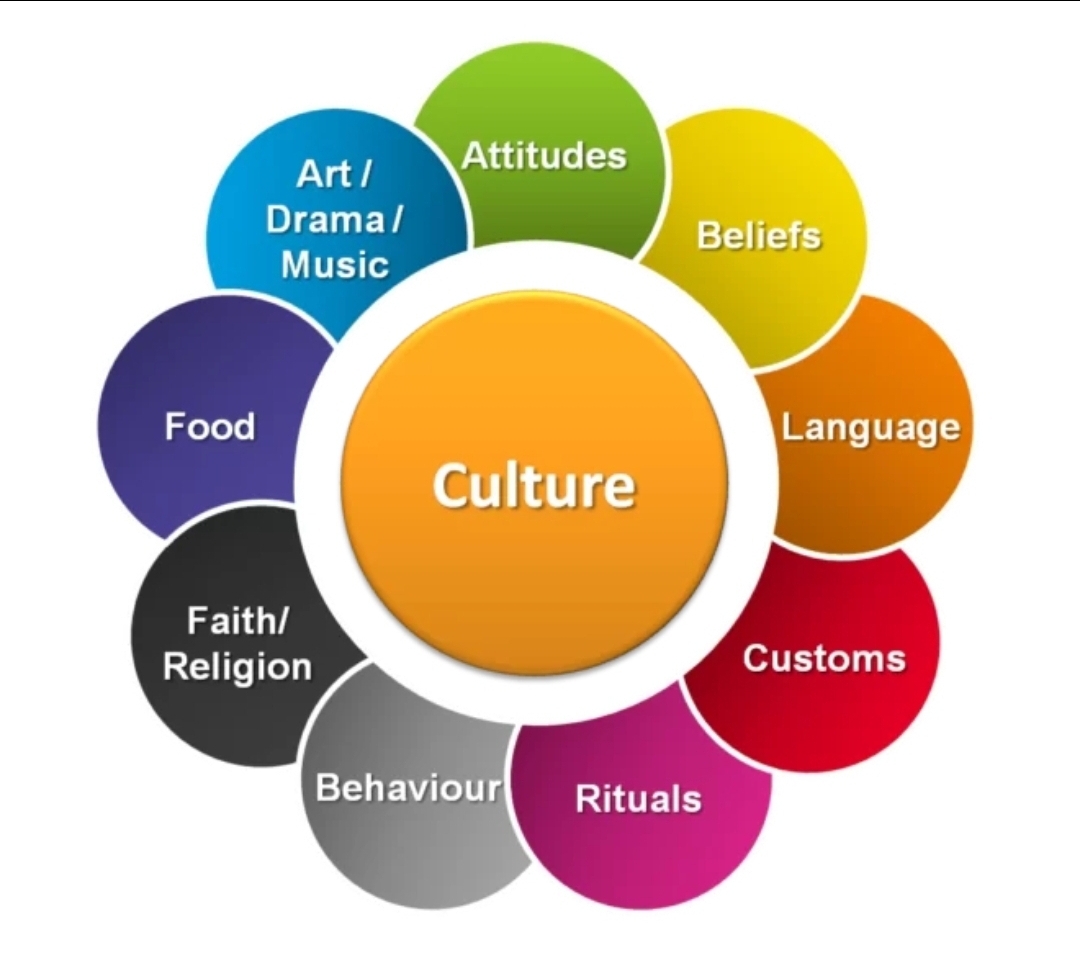
Tying the Analogy to Modern Culture
Surface-Level Appeal:
The stream, appearing fresh and clean, represents modern culture’s surface appeal. Whether it’s trends in entertainment, technology, social media, or ideologies, culture often presents itself as attractive, refreshing, and fulfilling.
- Example: Social media may appear to be a tool for connection, inspiration, and empowerment on the surface.
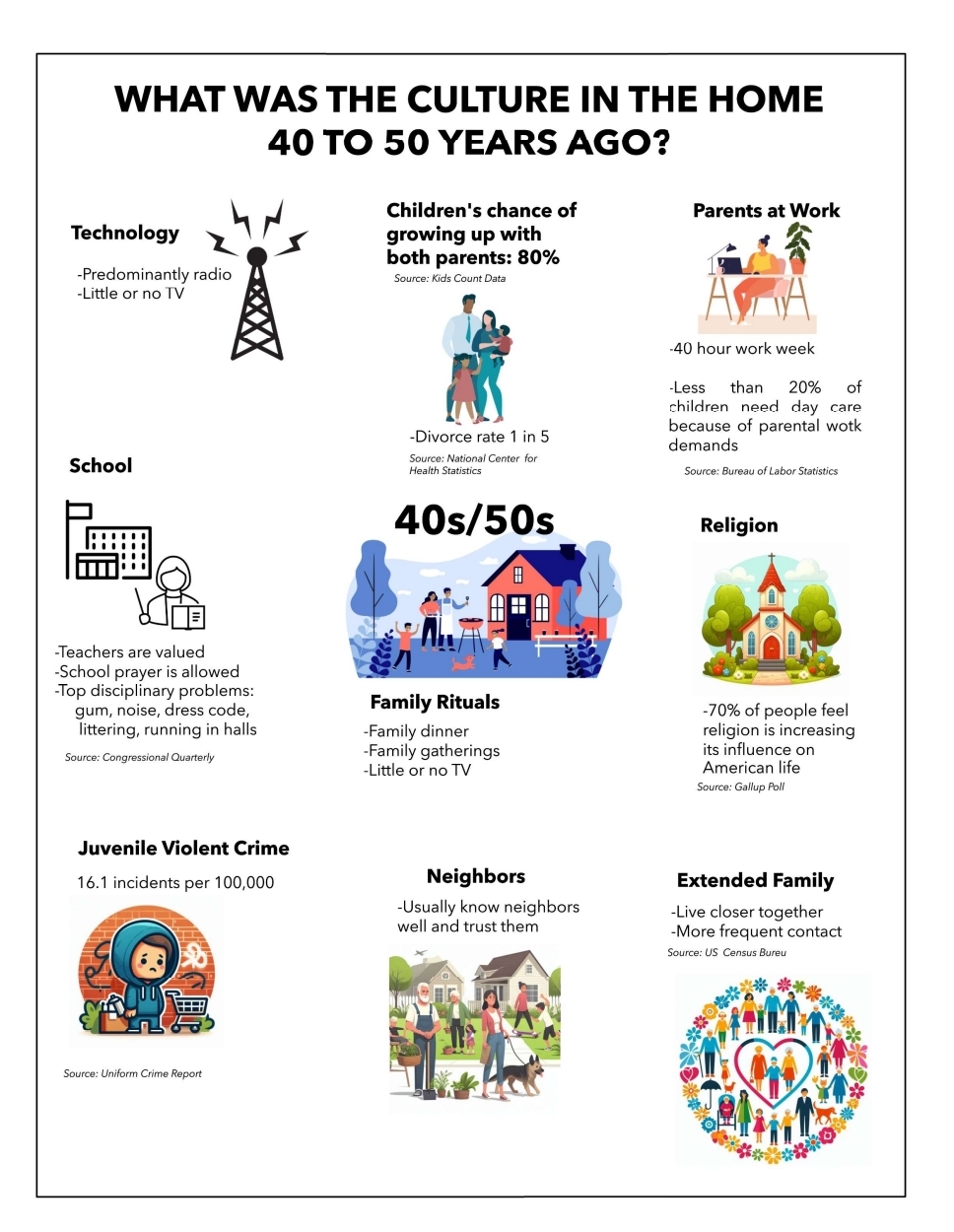
Hidden Contamination:The carcass upstream represents the hidden or ignored toxicity in certain cultural aspects—things that can corrupt, mislead, or harm if left unchecked. It could symbolize:
- Unhealthy societal pressures.
- The glorification of consumerism or materialism.
- Divisive ideologies or moral decay.
- Example: Social media platforms, while seemingly harmless, can foster comparison (Hedonism), anxiety, misinformation, and echo chambers.
Unconscious Participation:
Drinking from the stream without knowing about the contamination mirrors how individuals often consume culture passively, accepting its influence without critically examining its sources or consequences.
- Example: Embracing cultural narratives about success, beauty, or happiness without questioning their long-term effects.
The Consequences of Consumption:
Just as the contaminated water may lead to sickness, uncritically consuming harmful cultural elements can lead to personal and societal decline:
- A loss of meaning or purpose (nihilism, The NeverEnding Story: How It Applies Today).
- Increased anxiety, depression, or isolation.
- The erosion of foundational values like family, faith, and integrity.
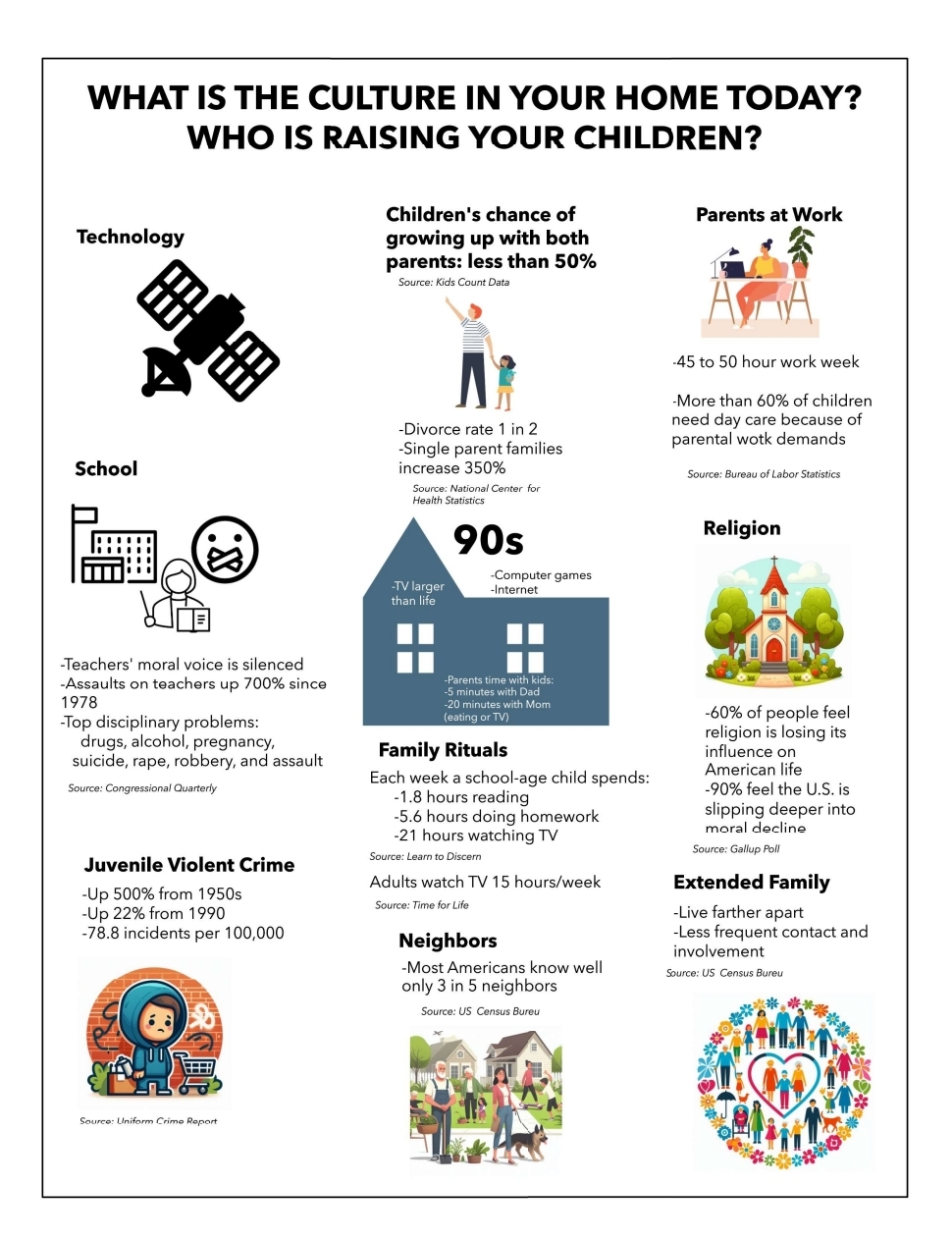
The Role of Awareness:
Realizing the carcass is upstream forces introspection and the need for change. Similarly, recognizing the harmful influences in modern culture requires vigilance and discernment.
- Solution: Just as hikers should filter water, individuals should filter cultural inputs through critical thinking and moral principles.
Broader Lessons for Modern Society
This analogy illustrates several important truths about culture:
Cultural Awareness:
Not everything that seems appealing or popular is beneficial. It’s crucial to look upstream—to the origins of cultural influences—and ask:
- What are the values behind this trend, belief, or norm?
- Does it align with truth, integrity, and long-term well-being?
- In Our Current Culture: We Are “Drug Addicts”
- Hollywood Propaganda: How TV, Movies, and Music Shape Our Culture
- People Grow Up Internalizing the Culture They Are Born Into, Unaware of Subtle Manipulation & Corruption
- Combating The Internalization of Culture We Are Born Into
- Tyrants Weapons: Destroy History, Tradition, Family and Culture
- Culture War: Loyalists vs Revolutionaries
- Culture War: Loyalists vs Revolutionaries (Self-Anointed and Woke) (part 2)
- Culture War – What Values Have Been Taught To Our Children?
- Culture War – Are Women and Children Targets of Advertisers as the product?
Personal Responsibility:
- Just as hikers are responsible for ensuring the safety of the water they consume, individuals must take responsibility for the cultural elements they allow to shape their lives.
The Need for Renewal:
A contaminated stream may require purification. Similarly, culture needs to be renewed and restored by individuals who promote truth, virtue, and beauty.
Influence on Others:
If one drinks contaminated water and falls ill, it affects not just the individual but their ability to help others and future generations. Likewise, succumbing to harmful cultural norms can weaken one’s ability to positively impact family, friends, and society.
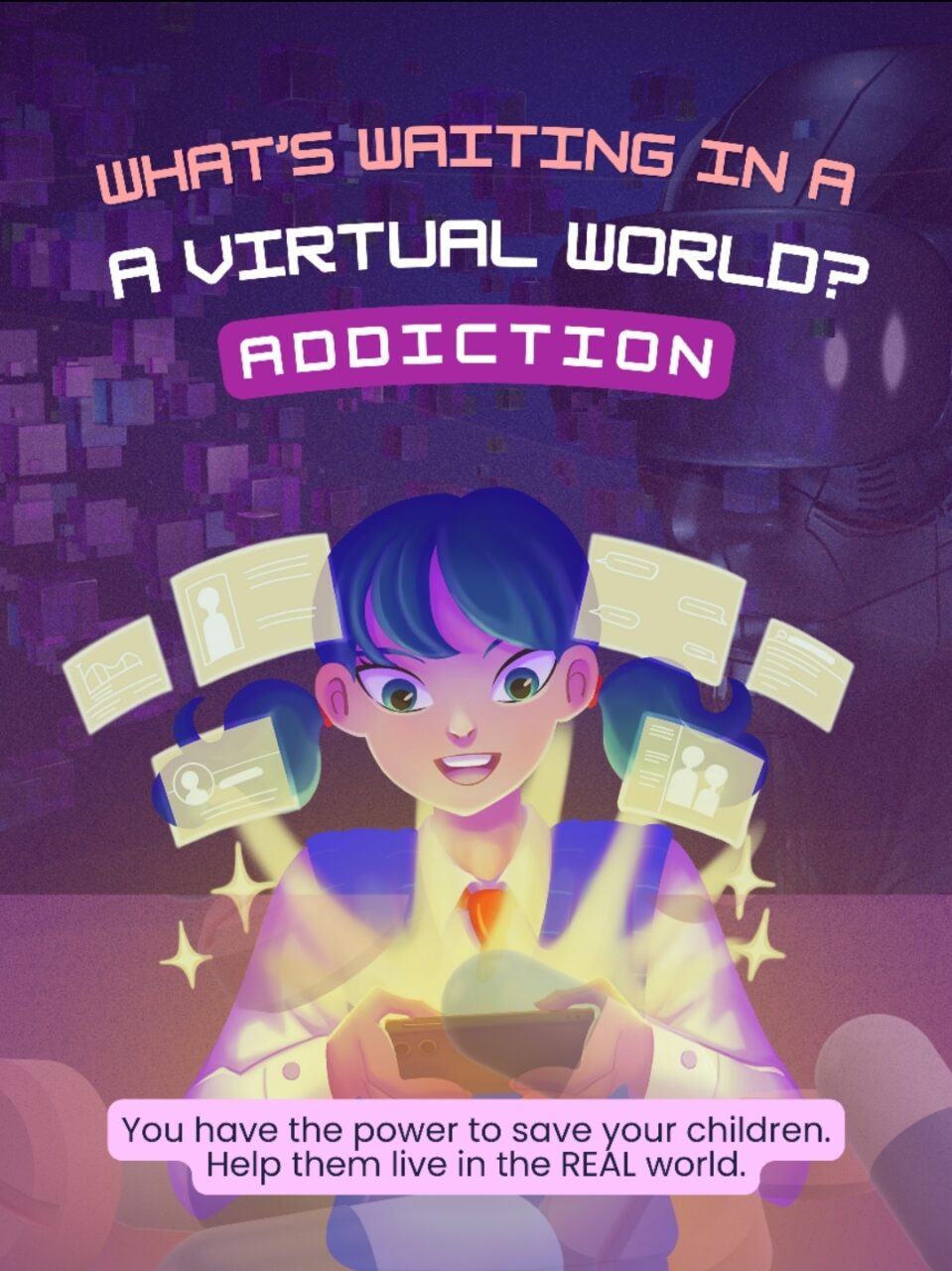
Culture, like a stream, shapes and sustains us, but it requires careful scrutiny. By examining its sources and purifying its influences, individuals can avoid the “contaminated water” of destructive trends, instead promoting a culture that fosters true human flourishing. The analogy calls for a proactive and discerning approach to navigating modern life, ensuring that the “water” we consume nourishes rather than poisons us.
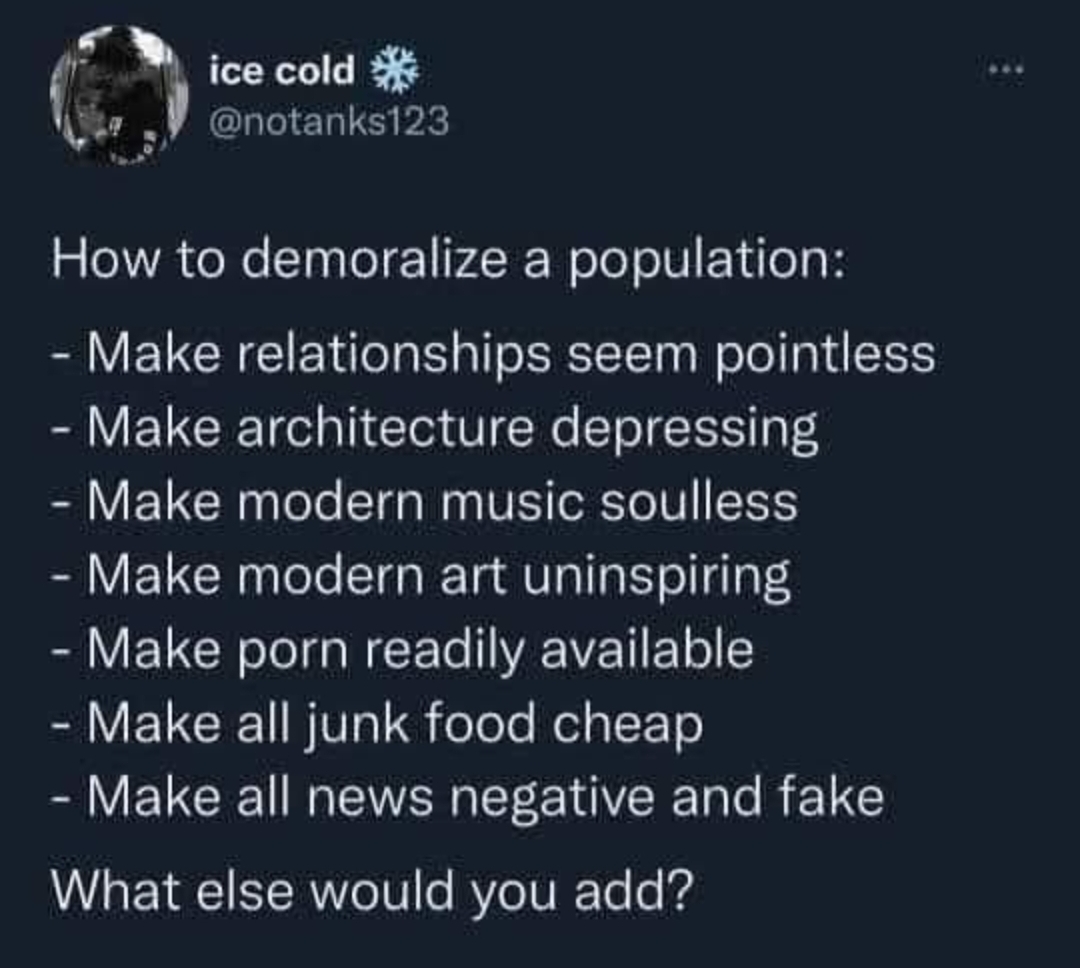
The Breitbart Doctrine, famously summarized as “politics is downstream from culture,” asserts that cultural values, norms, and practices shape political ideologies and policies.
To change politics effectively, one must first influence and transform the underlying culture. When applied to faith, country, and family, this concept emphasizes that sustainable political change begins with fostering shared values in these foundational areas.

Here’s a detailed breakdown of how this works:
Faith: Reestablishing Spiritual and Moral Foundations
Culture is deeply influenced by shared beliefs and spiritual frameworks, and these often guide individuals’ sense of right and wrong.
- Faith Shapes Values:
- A culture rooted in faith encourages virtues such as love, humility, responsibility, and self-discipline. These virtues create the moral compass that influences political ideologies.
- When faith declines, moral relativism often takes its place, weakening the foundation upon which ethical governance relies.
- Role of Faith in Public Discourse:
- Restoring faith to a central place in culture leads to policies that reflect compassion, justice, and the sanctity of life.
- Communities of faith provide a counterweight to materialism, nihilism, and hedonism that can dominate secular societies.
- Cultural Renewal Through Faith:
- Revivals of faith can inspire cultural movements, as seen in historical events like the Great Awakening in America, which influenced abolitionism, civil rights, and other transformative political movements.
Country: Cultivating Patriotism and Civic Responsibility
A healthy culture instills pride in one’s country and encourages citizens to contribute positively to its governance.
- Patriotism vs. Nationalism:
- Patriotism, rooted in love and service for one’s country, fosters unity and shared purpose. This sense of shared identity strengthens political institutions.
- A loss of cultural pride often leads to political apathy or division, where individuals view the nation as irredeemable.
- Promoting National Values Through Culture:
- Art, media, and education systems that emphasize the nation’s founding principles—liberty, justice, and equality—help sustain a political system rooted in those ideals.
- Conversely, a culture that focuses on division or guilt erodes trust in institutions, leading to political instability.
- How Cultural Shifts Impact Political Outcomes:
- Movements like the Civil Rights Movement illustrate how cultural changes, such as shifts in public opinion through music, literature, and speeches, directly influence policy.
- Without cultural reinforcement, even the best political systems can deteriorate as societal trust and cohesion decline.
Family: The Building Block of Society
The family unit is the most fundamental influence on cultural and political stability.
- Family Shapes Worldviews:
- Values and beliefs are primarily passed down within families. Parents instill principles of responsibility, respect, and community, which later influence political participation.
- A culture that undermines the family structure weakens this foundational transmission of values, resulting in societal fragmentation.
- Erosion of the Family Affects Politics:
- Broken families often correlate with social challenges like poverty, crime, and reduced educational achievement, leading to increased dependence on government systems.
- Politically, the decline of family values often results in policies that seek to replace the family’s role with state intervention.
- Cultural Defense of the Family:
- Media, education, and religious institutions that champion the family unit reinforce its centrality. For example, celebrating marriage, parenthood, and community encourages a healthy, stable society.
- A strong family culture naturally produces citizens who value liberty, self-governance, and community service, essential for a functioning Constutional Republic.
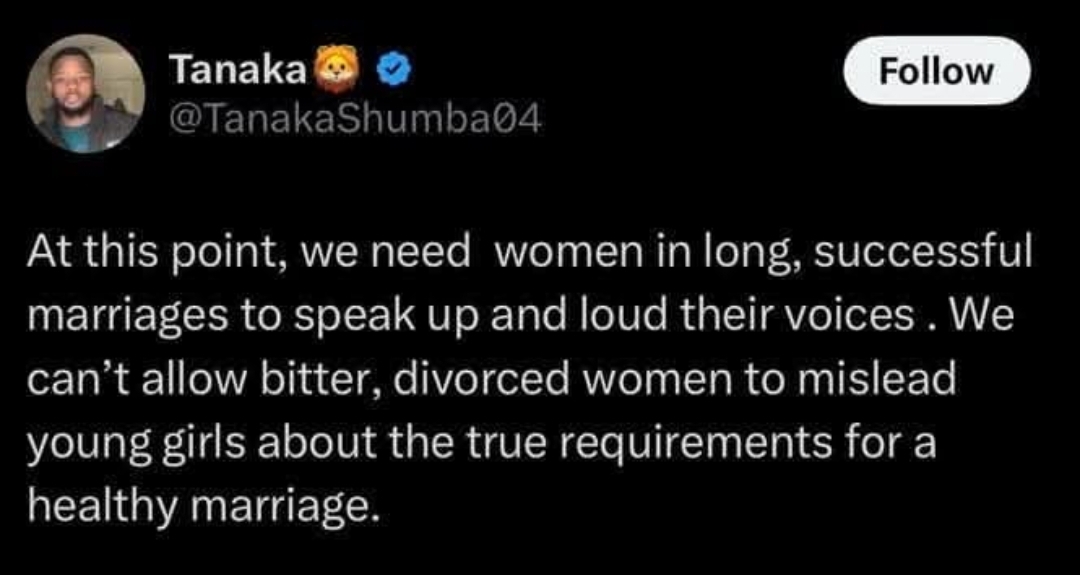
How Culture and Politics Interact: A Feedback Loop
The Breitbart Doctrine highlights the cyclical relationship between culture and politics. While culture shapes political trends, political systems can also reinforce or undermine cultural values.
Faith, Country, and Family Drive Culture:
- These three pillars are the roots of culture, influencing art, education, and public discourse.
- When they thrive, they produce citizens who value freedom, responsibility, and civic engagement, leading to political systems that reflect those values.
Culture Influences Political Decisions:
- A society that prioritizes faith-based morality, patriotism, and strong families is more likely to elect leaders and support policies that reinforce those principles.
- Conversely, when culture drifts toward relativism, consumerism, or division, politics often follows suit, leading to corruption or authoritarianism.
Political Policies Reinforce or Undermine Culture:
- Governments can promote cultural renewal through policies that protect religious freedom, support families, and encourage civic education.
- Alternatively, policies that centralize power, undermine parental rights, or erode individual freedoms can weaken faith, family, and patriotism, perpetuating cultural decline.
Examples of the Breitbart Doctrine in Action
- Faith and the Abolitionist Movement: Cultural shifts inspired by faith-based convictions led to the abolition of slavery, which eventually influenced political change through legislation.
- Post-World War II Patriotism: After WWII, cultural pride in national achievements created political unity and prosperity, leading to bipartisan policies that strengthened the middle class and civic engagement.
- The Cultural Revolution of the 1960s: The cultural embrace of individualism and secularism during this period reshaped politics, leading to changes in social policies that reflected those values.
Conclusion
To enact political change, individuals and communities must first focus on transforming the cultural landscape by strengthening faith, fostering patriotism, and restoring the family unit. The Breitbart Doctrine reminds us that sustainable political reform cannot occur without addressing the moral, spiritual, and relational foundations that drive cultural identity. By starting with culture, movements can create lasting impacts that influence politics for generations.





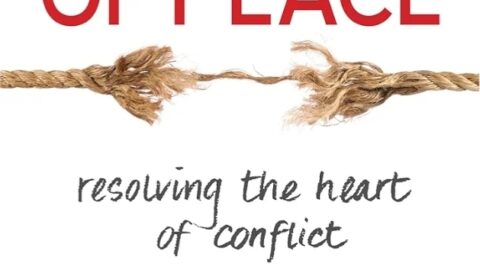
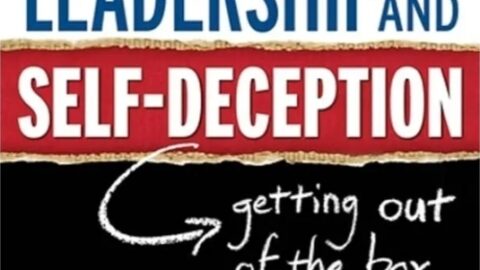

One Response
Very good thank you for sharing your thoughts.